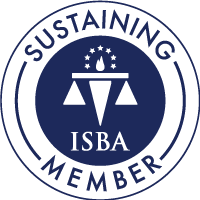Drug abuse continues to be a major epidemic in the United States. Additionally, it isn’t unscrupulous persons who purchase illicit drugs on the street. Many drug abusers maintain normal jobs, own homes, and have families. These people, unfortunately, are often addicted to prescription narcotics which slowly undermines their life until it finally collapses. Many marriages end in these circumstances and there is no easy answer to deal with the aftermath.
Regardless of the context of the divorce, substance abuse is a major factor that the court will likely consider in the event of a child custody dispute. The court considers what is in the best interests of the child when assigning custody. That means the court is permitted to take into account the fitness of both parents, including whether one or both of them is a drug user.
Disclosing to the court that your former partner is a substance abuser is a major decision which you may not want to do without discussing with your attorney, priest, or family beforehand. But it is crucial that you understand that if disclosed, it could result in favorable custody orders, possibly including sole custody.
But courts rarely foreclose the possibility of the other parent gaining some parental rights in the future. Most courts will allow the other parent to enter into programs and submit proof that they are turning their life around. Once the court is satisfied that the other parent is not going to relapse, it is likely the court will order visitation or possibly joint custody (it depends on many other factors, including if the other parent abused the children).
If you are engaged in a child custody dispute, you should probably contact a lawyer. Child custody disputes are holistic lawsuits that impact every aspect of your life. The court will dig as far as it needs to in order to render a decision that is best for the children. An attorney can help you prepare the best arguments possible to ensure that your children are protected.


